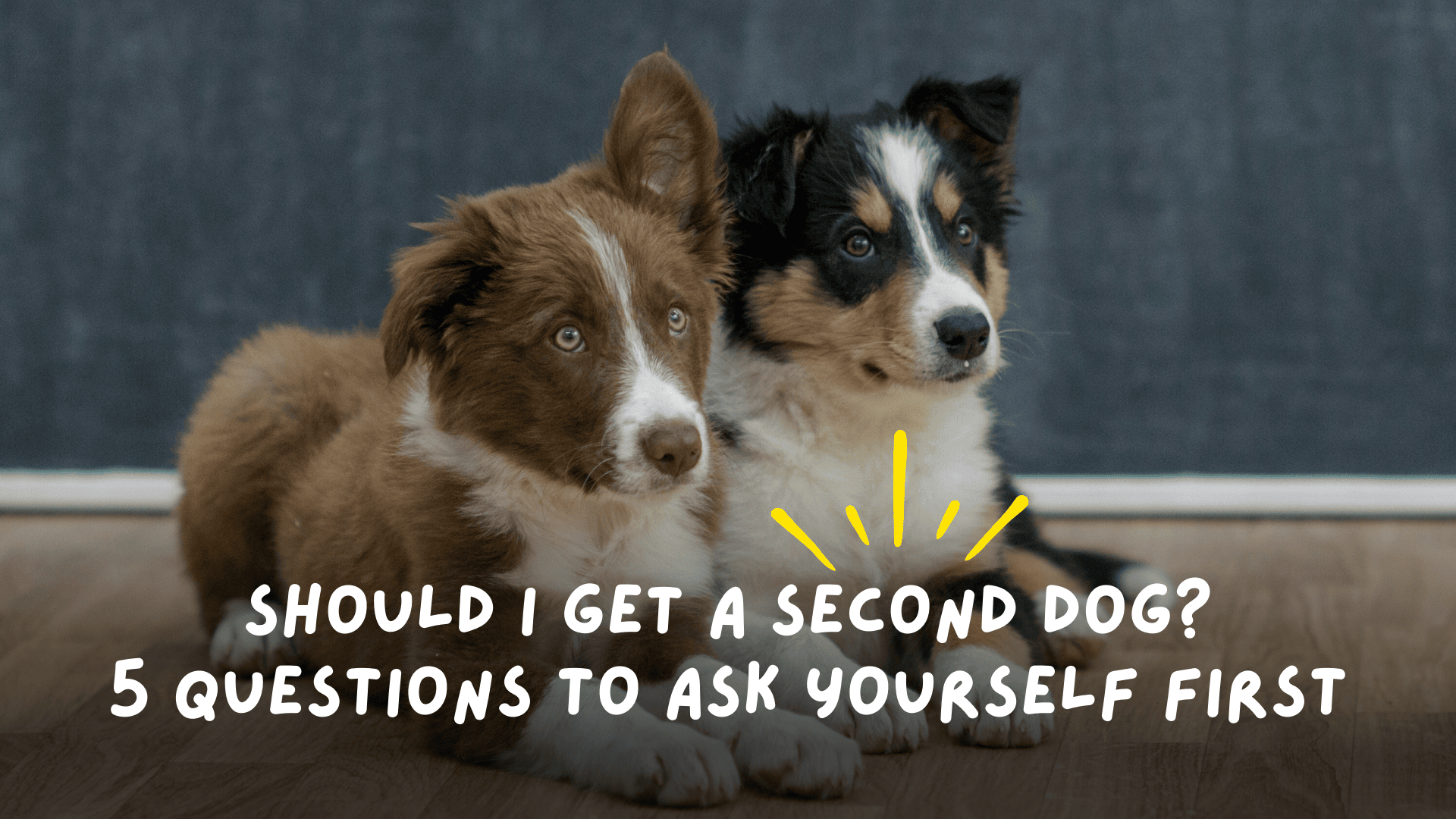Bringing a second dog into your life can sound like a dream come true—twice the cuddles, twice the fun, and an instant buddy for your current pup. But before you make the leap, it’s important to pause and consider whether now is the right time, and if your household is truly ready for another four-legged family member. Here are five key questions to ask yourself before making the decision.
How does my current dog feel about other dogs?
Your first dog’s temperament is one of the most important factors. If they’re well-socialized, friendly, and enjoy the company of other dogs, a second dog may be a welcome addition. But if they’re territorial, anxious, or reactive, bringing in a new dog could create tension or stress. Watch how your dog behaves around other pups in parks or during walks. Their body language can give you clues about whether they’d be open to sharing their space.
Can I afford the added responsibility?
A second dog means more than just extra food—it’s another round of vet visits, grooming, training, boarding, and all the little costs that come with responsible pet ownership. It’s easy to overlook the financial commitment when you’re caught up in the excitement, but budgeting for two dogs is essential to ensure they both get the care they deserve.
Do I have enough time for two dogs?
Dogs thrive on attention, structure, and interaction. While many people hope that two dogs will keep each other entertained, they’ll still need individual attention—especially during the adjustment phase. Training, playtime, walks, and cuddles now double in demand. Ask yourself if your current schedule allows you to meet the emotional and physical needs of another dog without shortchanging the one you already have.
What’s my reason for wanting a second dog?
Be honest with yourself about your motivations. If you’re hoping a new dog will fix your current dog’s behavior or help with separation anxiety, that plan might backfire. A second dog shouldn’t be a quick solution to a problem—rather, the decision should come from a place of wanting to expand your family and provide another dog with a loving, stable home.
Am I prepared for the transition period?
Even the best matches between dogs take time to develop. There may be some rough patches—jealousy, miscommunication, and a few accidents along the way. Are you willing to patiently manage introductions, supervise their interactions, and help them settle into a new routine together? Successful multi-dog households often require a few weeks (or even months) of adjustment before harmony sets in.
A second dog can absolutely bring more joy into your home, but it’s a decision that deserves careful thought. If your current dog is ready, your lifestyle can support it, and your heart is all in—then go for it. But if you’re unsure, that’s okay too. Sometimes the best gift you can give your dog is your full, undivided care.

